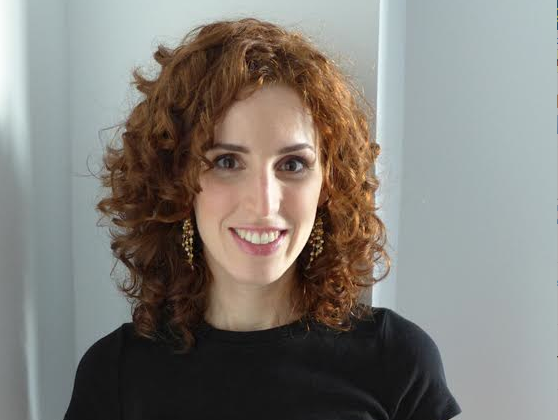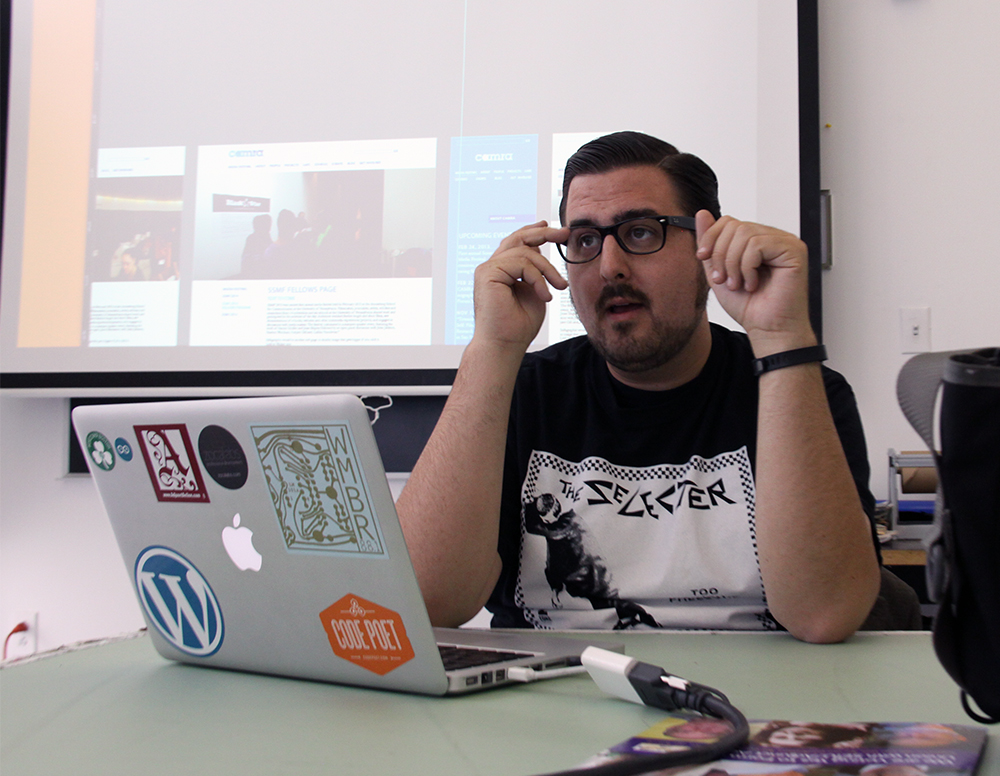college

What does the newly-elected President of Afghanistan and President Obama’s mother have in common? Answer: anthropology. Both Ashraf Ghani Ahmadzai and Ann Dunham earned PhDs in Anthropology—she from the University of Hawaii at Manoa in 1992, he a decade earlier at Columbia University. And while this factoid might seem like the lead-in for the opening monologue on late-night television, it actually suggests something rather important for the future of global leadership.

On Emerson College's first day of classes, the corner of Boylston and Tremont streets swarm with students; students drinking coffee, students smoking cigarettes, students wearing skinny jeans and plaid. In short, a small corner of Boston chock-full of hipsters.
And while "hipster" may not seem like an apt description of Boston's population as a whole, it does describe the students at Emerson College, at least according to College Magazine, an online and in-print publication written by college students.

Call it a sign of the times that right along with required writing core courses, incoming freshmen at most schools this fall will also face a mandatory crash course on the subject of sexual assault.
At a Rutgers University orientation, for example, every freshman sits through a dramatization of the campus party scene that is as real as it is raw. In the performance, a character, Jess, winds up in fellow student Ryan's room, resisting his advances. Ryan persists and gets increasingly angry and aggressive. The scene ends with the Jess character wailing, and with students in the audience wide-eyed and stunned.

____________________________________________________
Summer is winding down, which means teachers across New England are preparing for the upcoming school year. But how prepared these new teachers are largely depends on how they've been taught to teach. Elizabeth Green, the author of Building a Better Teacher, has spent the past five years researching what makes a teacher effective, and whether those skills can be taught. Green recently sat down with WGBH's On Campus to discuss her new book.

After decades of rising costs, students are less willing and able to pay a premium for college education. Many families are asking whether college is worth it. And that question has been posed repeatedly in recent headlines. From a New York Times op-ed to NPR's Education Blog, many pundits are making their voices heard.
For those who don't want to slog through every op-ed and article, WGBH’s On Campus has aggregated highlights in one place.
So… is college worth it?

Not too long ago, American students were required to study civics and geography – courses intended to make them better citizens of the world. In recent years, books like The World Is Flat pointed out the need for global awareness.
As part of WGBH’s ongoing look at the role of higher education in this country and the world, we will be asking big thinkers to assess the state of America’s global competitiveness. WGBH’s Kirk Carapezza recently traveled to New York City to talk with Richard Haass, the president of the Council on Foreign Relations.
A single public school counselor in the United States has a caseload of 471 students, on average, according to the American School Counselor Association, or ASCA. In high schools, where counselors are often the primary source of information about college — especially as increasing numbers of students become the first in their families to consider it — each one is responsible for an average of 239 students, the ASCA says.











